As I write this article in my home office in Beaverton, Oregon, a Portland suburb, I'm relying (and reflecting) on years of work that went into standards like TCP/IP, HTTP, NTP, XMPP, SAML, and many others, as well as open source implementations of these standards from organizations such as the Apache Software Foundation. The combination of these standards and technologies is literally saving lives, as many of us are able to work from home while "flattening the curve."
Nothing has dominated the news more in 2020 than COVID-19. Yet, in the midst of challenging time, I've found opportunities for personal and industrial renewal. By fortunate (some may say unfortunate) timing, I found myself switching roles in the middle of this crisis from helping to build and run Open Source Program Offices (OSPOs) to becoming the executive director at OASIS Open, a standards development organization that is helping bring standards and open source together in practical and productive ways.
Looking through the many articles on Opensource.com related to standards (and there are quite a few), I went on an interesting journey through the different thought processes—and sometimes biases—that people involved in each community have. What stood out most was this: both standards professionals and open source advocates want the same thing—better technology that we all can rely on.
As I was transitioning to this new role at OASIS, some colleagues and friends in the open source world that I've been a part of for many years questioned my motivations for making this move. In explaining why I took this job, I reflected on the larger role I think the intersection of standards and open source can play, especially in the current crisis we all face.
4 reflections on open source and standards
First, I've seen efforts like the Open Connectivity Foundation, which I was fortunate to help start, get this right in balancing a standard with multiple reference implementations. Early in that effort, the standard was actively driven by the open source project, and the project took cues from the work of the standards teams. The result is both working code and a standard that can help shield IoT developers from having to worry about the many underlying network protocols in use in this ecosystem.
Second, I'm extremely energized by the opportunity to work with some of the best minds in the open source community, many of whom I'm fortunate enough to call friends. One of the first steps OASIS took when developing its Open Projects program was to assemble an advisory council of open source all-stars. Chris Ferris, Jim Jagielski, Nithya Ruff, Deb Bryant, and many others regularly come together, with support from OASIS staffer Jory Burson, to hash out best practices with a path to standardization and recognition in international standards bodies like ISO, ITU, W3C, and others.
This group, along with our staff, is rethinking everything from governance to IP to community building to funding and process, taking the best from both worlds to create something new. We're bridging the agile, collaborative excellence that is open source with the trusted, interoperable reliability that is open standards, and helping to demystify open source for heavily regulated procurement processes (government, financial, NGO, etc.). The possibility of getting open source into supply chains that have traditionally relied on standards is very exciting.
Third, I see the huge potential for what the response to this pandemic represents. This is arguably a once-in-a-generation opportunity for standards and open source communities to help define and build the future of emergency management, e-learning, medical technologies, and many other aspects of our daily lives. Determining how these elements work together effectively will be paramount to our shared future.
Finally, I'm excited to see the role that OASIS and other standards and open source bodies can play as we tackle some of our biggest challenges in the coming months and years together. COVID-19 is changing our world and our way of life forever; how we adapt and thrive will, in large part, be determined by how well we all collaborate, and I can think of no better time for the open source and standards communities to unite to chart a course forward for all of us.
I'm proud to be part of the movement to build a stronger bridge between open source and open standards, and I invite you all to join us. If you have thoughts to share or a project you'd like to advance, I'd love to hear from you. You can visit us or use the comments section below. Let's write the next chapter together.

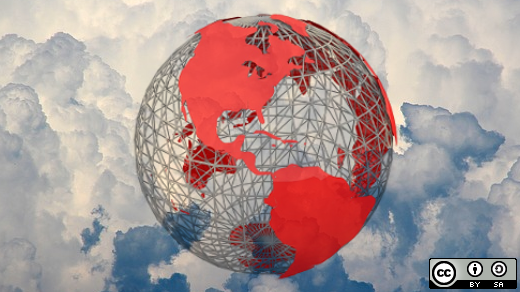
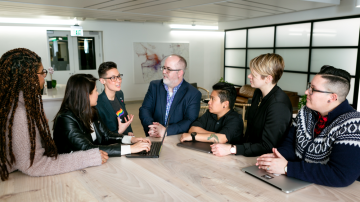
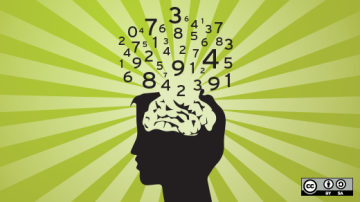


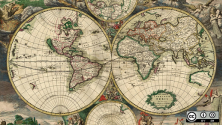
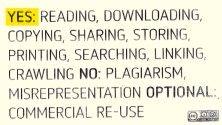

1 Comment